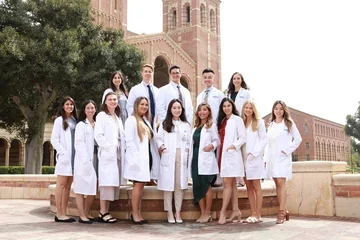Evolutionary Perspectives on Malaria
Dr. Amy Goldberg

November 19th, 2025 | Add to calendar
Evolutionary perspectives on malaria
Abstract: While a flash of evolutionary time, the last ~10,000 years have been a period of extraordinary genetic and phenotypic change: humans have adopted agriculture, pushed into new environments, and exploded in population size, increasing gene flow between populations and infectious disease exposure. Indeed, most human genetic variants arose in the last 10s to 100s of generations. Yet, many common population-genetic tools don’t work on this timescale. We combine computational methods development with genomic sampling in the field to understand evolution on epidemiologically- and ecologically-relevant timescales. I’ll discuss two systems that represent two of the fastest ways to dramatically change a gene pool: admixture or large-scale gene flow, and epidemiologically-relevant timescales of evolution in pathogen, Plasmodium falciparum. Using these case studies, we see that evolution on these short timescales is not merely a difference in rate, but a qualitatively distinct genomic process with overlooked consequences for genomic variation and disease risk.
Dr. Amy Goldberg
Associate Professor, Human Genetics, UCLA
amygoldberg@mednet.ucla.edu | Personal page
Host: Mary Sehl & Brunilda Balliu



